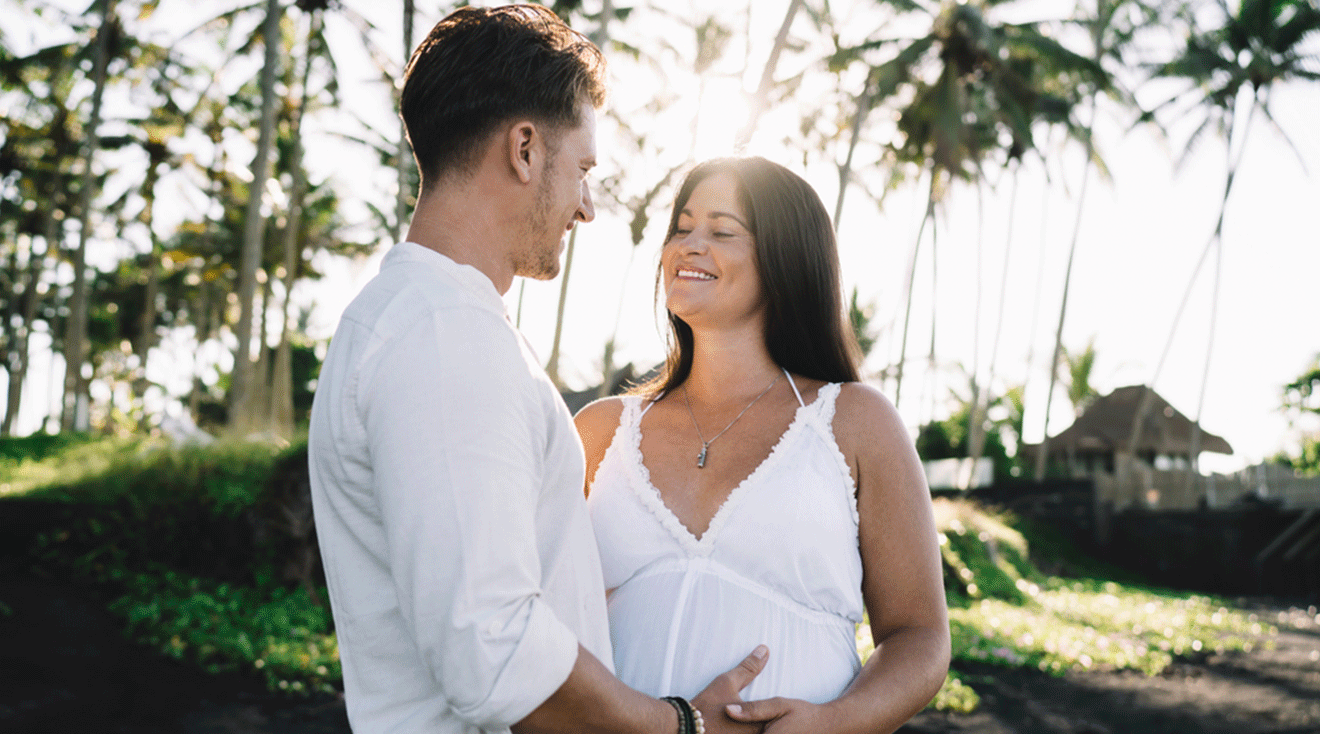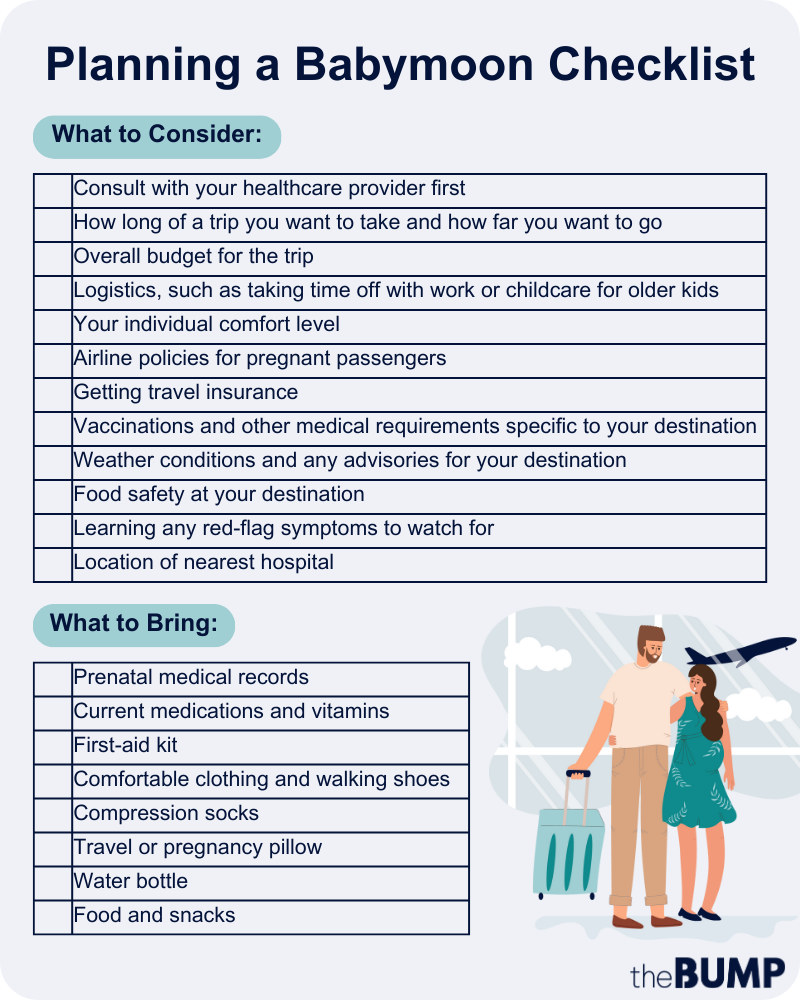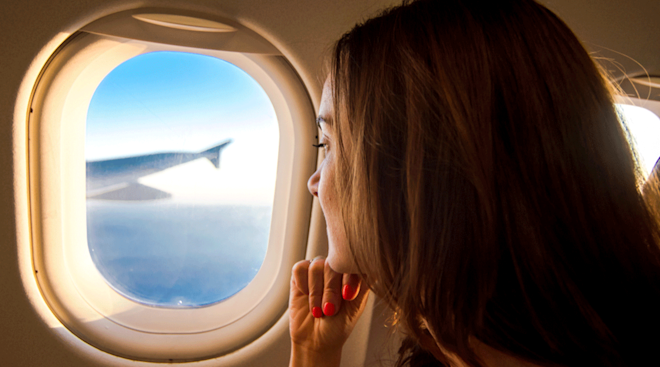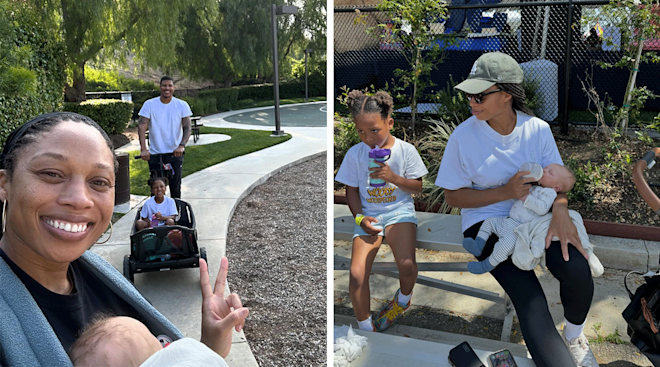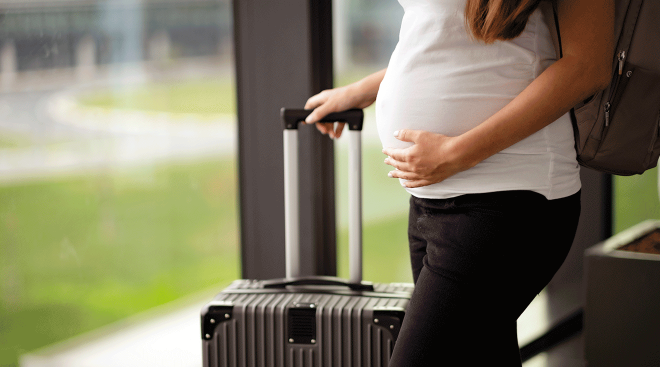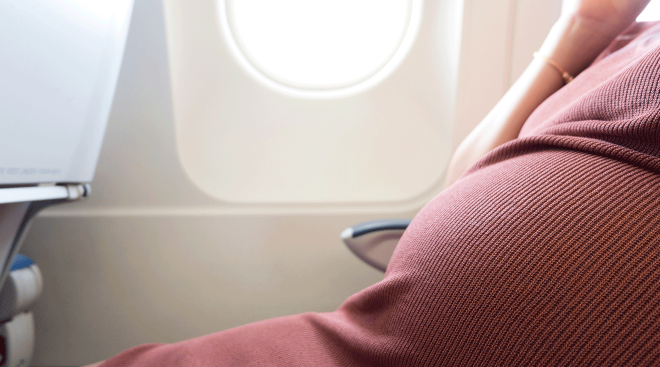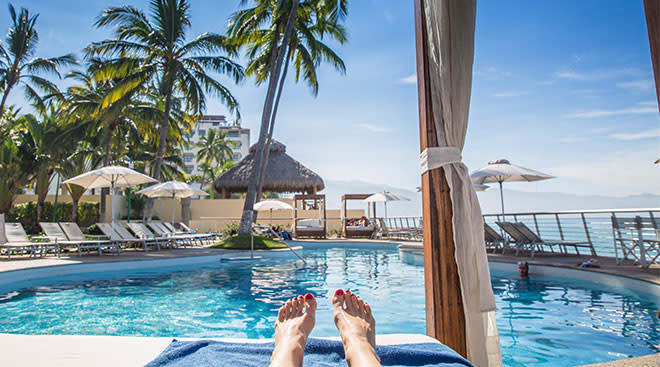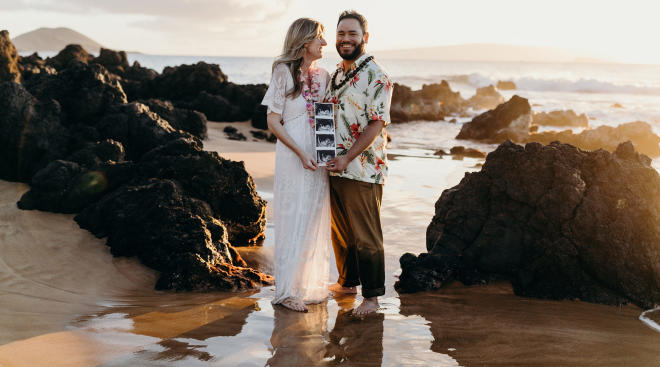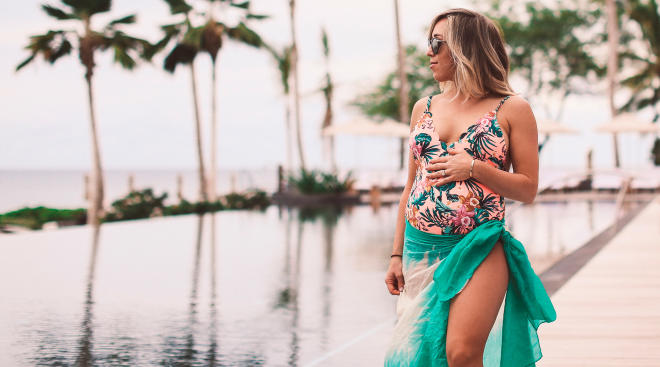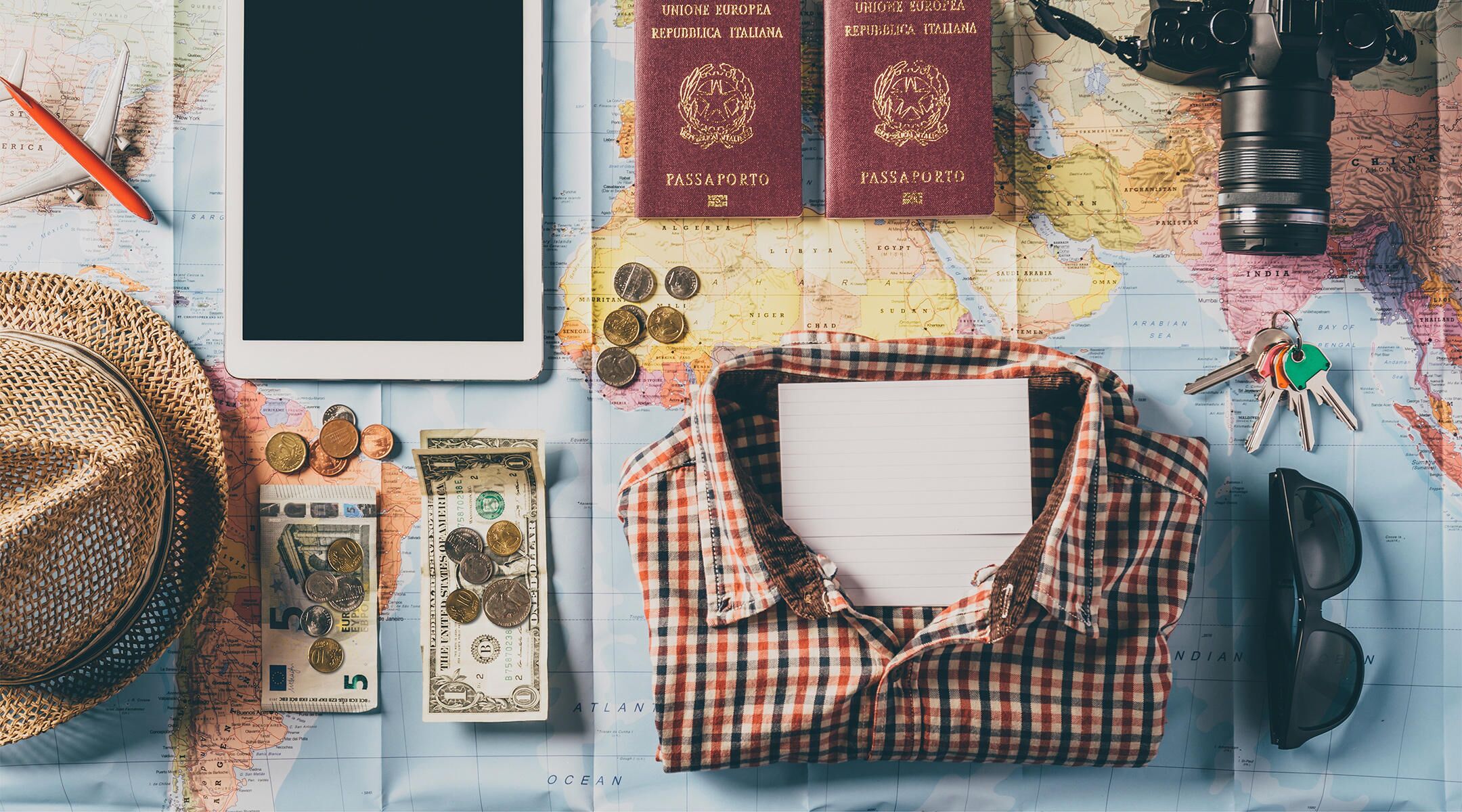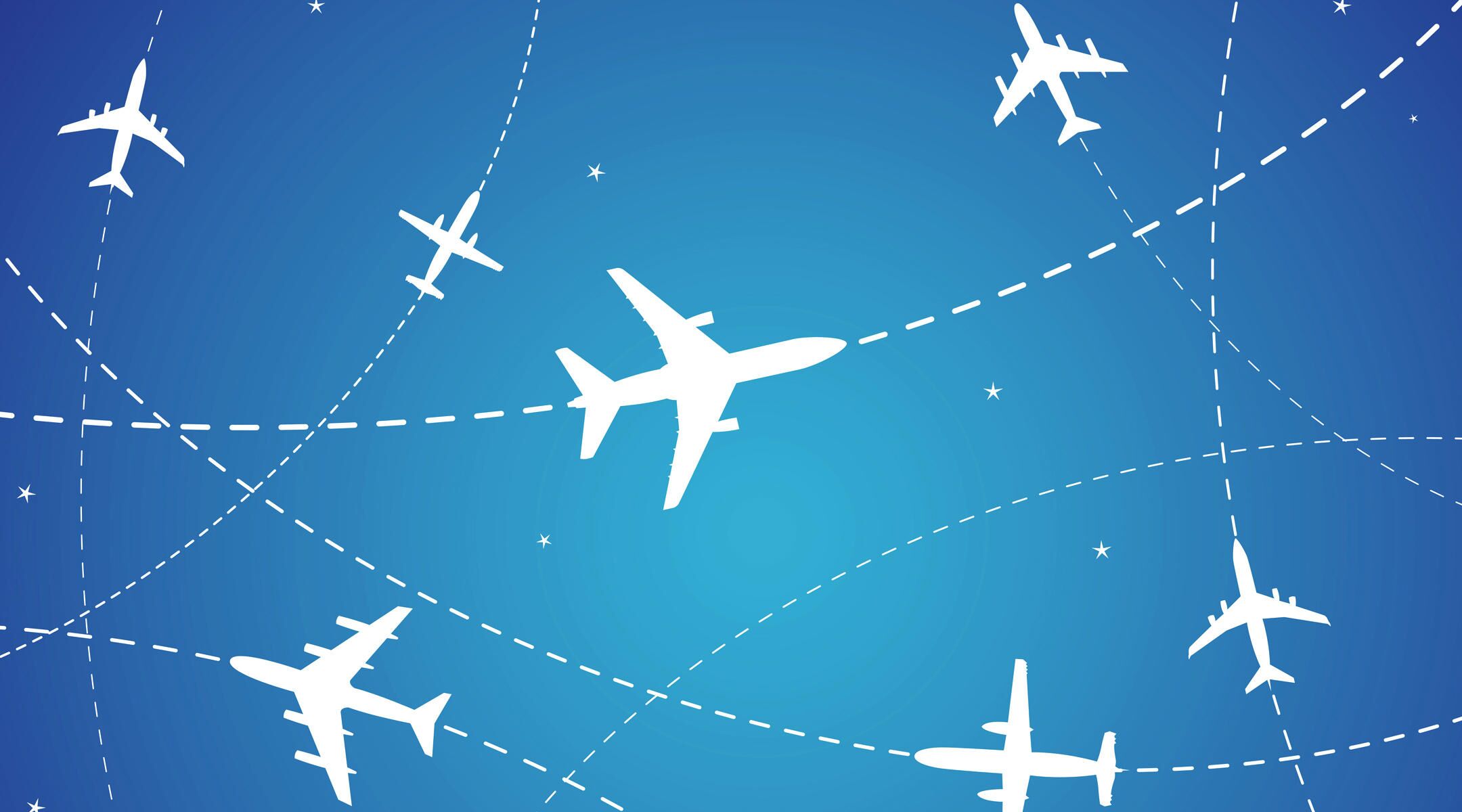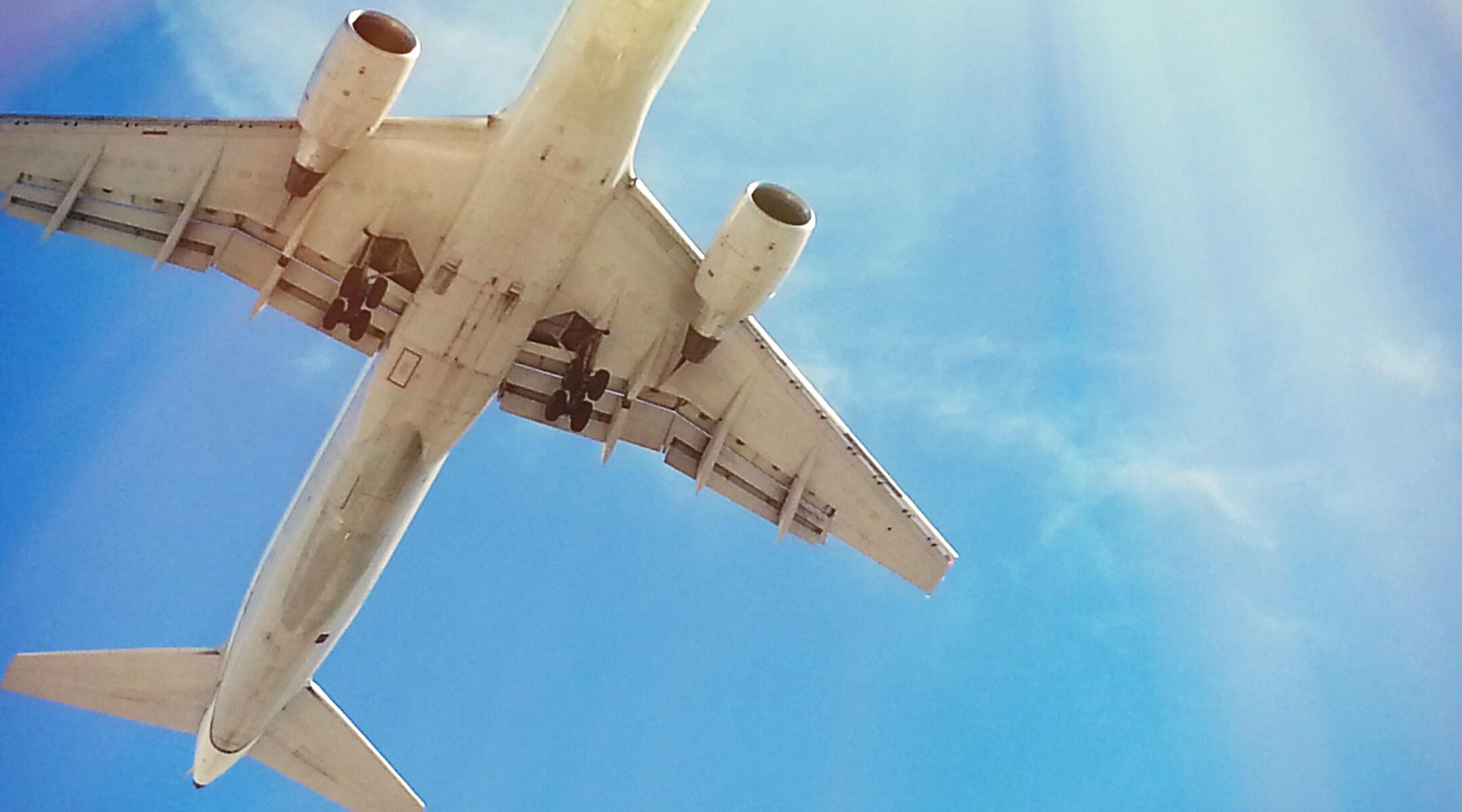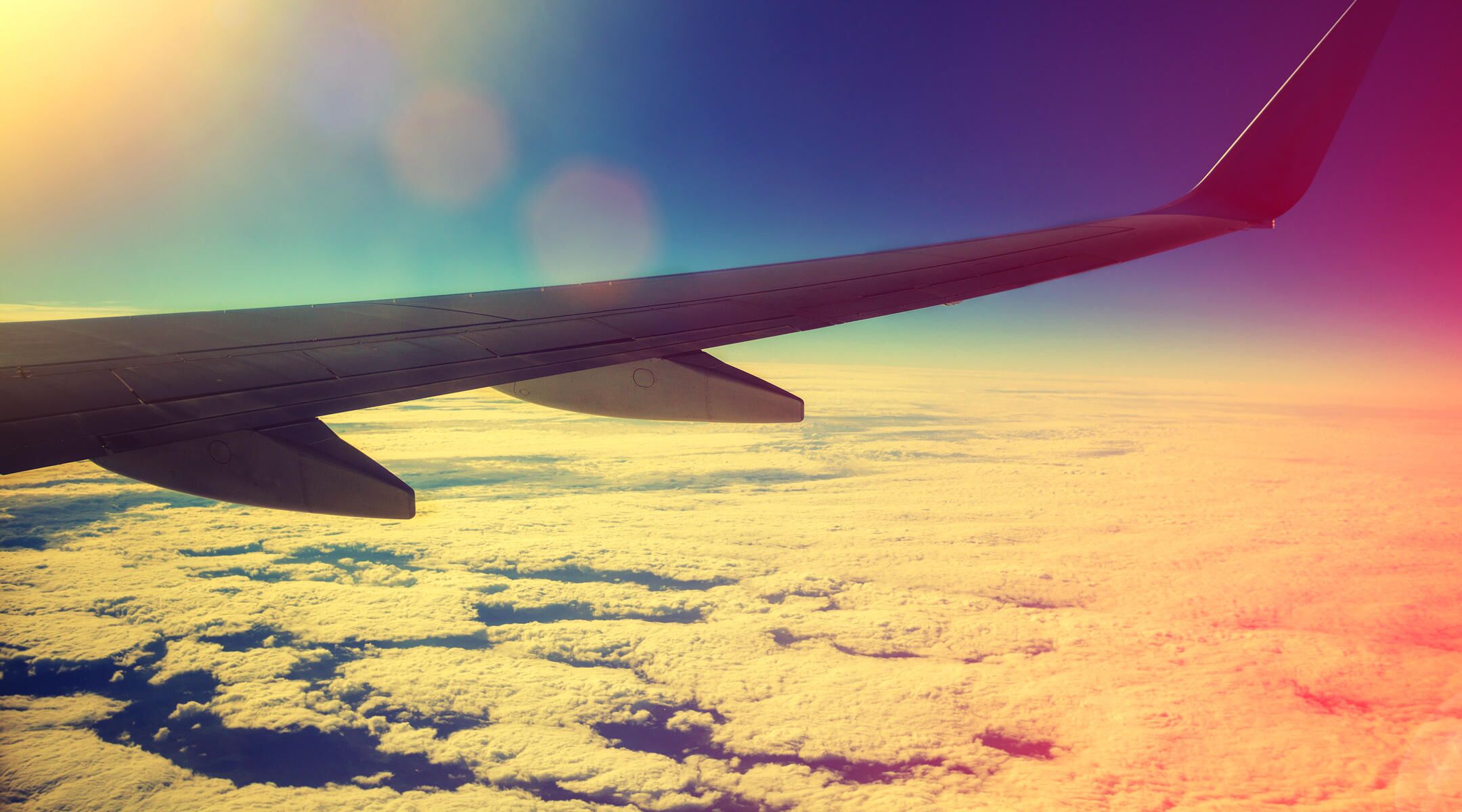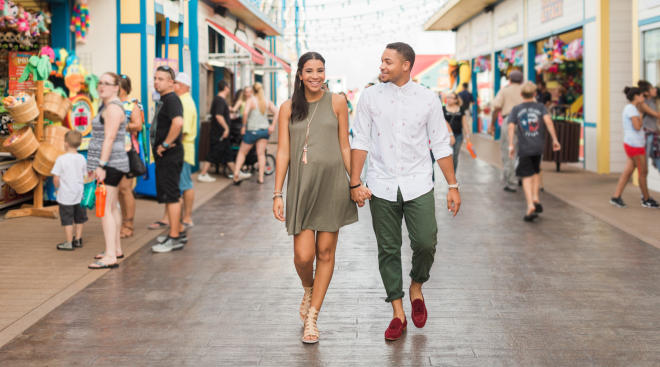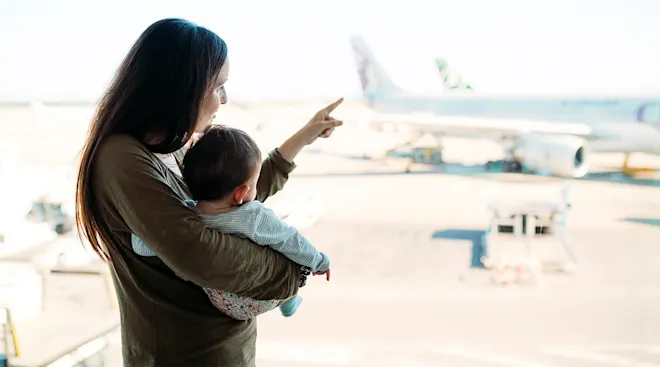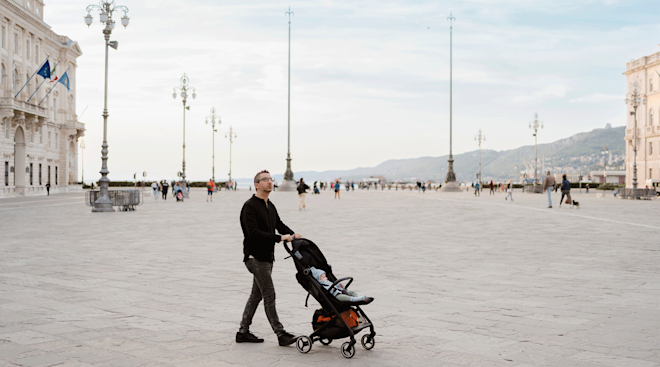Your Cheat Sheet for How to Plan a Babymoon
Welcoming baby will shake up life as you know it. It’s only natural to want to soak in the time you have left with your partner before baby arrives on the scene. One way to make the most of this quiet moment: plan a babymoon. But exactly what is a babymoon? Basically, it’s a play on the honeymoon couples take after their wedding; a babymoon is a vacation that’s taken before expectant parents start a new chapter with baby. But, during pregnancy, there are a few things to consider before you can go jetting off on a trip. So how can you go about planning a babymoon? And what should you take into account when choosing a destination? Here, we it all down into a few easy steps and consideration.
The best way to get started on babymoon planning is to set a budget. This can then inform where you go for your trip and for how long. While it may seem like a requirement according to social media, a babymoon doesn’t have to be an extravagant affair. The average cost of a babymoon can range from a few hundred to a few thousand dollars, depending on your circumstances. Financially, you’re already planning for baby’s arrival—and it’s no secret that all that baby gear can add up. Take your existing finances and any planned future expenses (like hospital bills after birth) into account before you decide on your babymoon budget.
Just like with any other vacation, think about how you want to spend your time. Are you feeling adventurous and looking to explore a new place? Or would you rather spend time relaxing on a beautiful beach? Odds are, this will likely depend on how you’re feeling during pregnancy.
Another consideration when picking a destination is how far from home you feel comfortable being. Maybe you have a pregnancy condition that requires you to stay within driving distance from your provider. Or perhaps you’re welcoming a second or third child and want to be close by for your other kiddos. “Go somewhere you’re comfortable traveling to—it doesn’t have to be a grand trip out of the country,” suggests Miranda Morrissey, an onboarding specialist at ResortPass. “It’s no secret new moms, especially first-time moms, are nervous about everything when it comes to their unborn children, so the last thing you want to do is stress over your health and safety.”
Additionally, think about how long of a trip you want to take overall (including travel days), as well as what the weather conditions might be like depending on where and when you’re going. Plus, before picking a destination, it’s important to discuss your plans with your provider to get their medical guidance. These include any vaccination recommendations, as well as how to mitigate risks for infections such as Zika or gastroenteritis, says Talia Borgo, MS, CNM, WHNP, RN, clinical director at Millie Clinic.
It’s important to chat with your doctor about your babymoon travel plans not just to ensure it’s safe for you and baby, but also to get their travel tips. Below, Borgo and Morrissey list a few suggestions:
- Understand the conditions that may preclude travel: Depending on your individual medical history, your provider may advise against traveling for a babymoon. Per the American College of Obstetricians and Gynecologists (ACOG)a, these include preeclampsia, risk of preterm labor and prelabor rupture of membranes (PROM). As Morrissey shares, due to some health issues, her provider advised against traveling during pregnancy so she could remain close by. Luckily, not being able to travel doesn’t mean you can’t take a babymoon—it just means you need to get a little more creative with a staycation or travel to a place within driving distance.
- Research the closest hospital: No one ever wants to think about an emergency situation, but it’s best to be prepared. “It’s a good idea to know where the closest hospital with a labor and delivery unit is in the event that you need care,” Borgo says, adding you should also bring your prenatal medical records and any medications you’re currently taking with you. Plus, chat with your provider about what the red-flag symptoms are to look out for that might indicate a problem.
- Prepare for the flight: Pregnancy can increase your chances of getting blood clots, so it’s important to keep moving when traveling via plane. During your flight, Borgo recommends wearing compression socks, staying hydrated and walking around every couple of hours.
- Research airline policies: Most airlines will let you fly until 28 to 32 weeks of pregnancy, depending on whether you’re flying domestically or internationally. However, depending on whether you’re carrying a singleton or multiple pregnancy, some airlines may have additional restrictions for how late into your pregnancy they’ll allow you to fly with them.
- Food safety: This list of foods to avoid in pregnancy is lengthy—and, while the FDA has strict guidelines in place for food quality and pasteurization in America, that may not be true for other countries. You’ll want to take extra care to avoid undercooked, unpasteurized and spoiled food on your travels. Plus, look into whether or not the local tap water is safe to drink or if you’ll need bottled water.
- Don’t over do it: It can be tempting to see and do it all while on vacation, but use the babymoon as an opportunity to really slow down and rest. “Make sure your trip is still relaxing by doing things you enjoy and not packing your day full of adventure so you don’t overexert yourself,” Morrissey says. “Especially with the second kid, you could send me for a day by the pool with no responsibilities of tiny humans, and I would be in pure bliss.”
Wondering when to go on a babymoon? Pregnancy can get uncomfortable, particularly in the first and last trimesters as you battle morning sickness and a growing bump, says Morrissey. For this reason, most experts advise traveling in your second trimester, when you feel your best. In fact, Borgo touts sometime between weeks 21 and 28 of pregnancy as the best time for a babymoon. “This is typically the time where the pregnant individual has the most energy and they’re past the big hurdles of testing and ultrasounds that happen during prenatal care,” she adds.
As part of your babymoon planning, you’ll want to pack carefully to ensure you’ll have everything you need. In addition to your regular shoes, clothing and toiletries, you’ll want to be sure you have a few other essentials: According to Borgo and Morrissey, these include:
- Current medications and prenatal vitamins
- Prenatal medical records
- Band-aids, Tylenol and a first-aid kit
- Comfortable shoes for walking
- A water bottle
- A travel pillow or your pregnancy pillow
Once everything’s planned and booked, all that’s left to do is enjoy yourself! Whether you’re staying local with a staycation or going on a big trip, take this time to press pause, reflect and be present in this stage of your life. “Embrace this chapter of life with big changes and a world of firsts,” Morrissey says. “Do what truly makes you happy and relaxed because, as cheesy as it sounds, the best days are yet to come, and soon you’ll be creating those vacation memories with your little one.”
Below, we’ve outlined some helpful tips on how to plan your babymoon with a handy checklist:
Frequently Asked Questions
What is a babymoon?
“A babymoon is essentially a honeymoon/vacation for you and your partner to enjoy time together alone before welcoming a new baby into the world,” Morrissey says. “I think nowadays social media has really highlighted the trend of taking a vacation before you have a baby to just reconnect with your partner and enjoy quality time—regardless of whether it’s your first child or fifth—and strengthen the bond between the two of you before life gets hectic.”
How did the babymoon trend start?
According to the experts, the babymoon trend is pretty recent. “I hadn’t really heard of the trend until we started trying for our first baby back in 2022, but being a COVID bride and not getting to take a traditional honeymoon, it was something I was very interested in,” Morrissey shares, adding that she believes social media has played a large part in getting the trend to take off. Borgo agrees, noting she’s only seen her patients talk about taking a babymoon in the last five to seven years.
When should you go on a babymoon?
As mentioned, the second trimester, between weeks 21 and 28 is typically when pregnant women feel the best, and both experts cite this as the best time for a babymoon and travel in pregnancy. Of course, this timing may vary based on your personal circumstances. Plus, Borgo notes you shouldn’t feel pressured either way: “Whether to go on a babymoon is individualized to every parent and what feels best to them in their pregnancy.”
Babymoons are often seen as a “last hurrah” for couples and as a chance to focus on each other before welcoming a child into the world, Borgo says. But she encourages couples to ignore any societal pressure they feel around babymoons and instead focus on what feels right to them. “I always encourage my patients to prioritize joy during their pregnancy, so if that means taking a babymoon, then I’m all for it.”
Please note: The Bump and the materials and information it contains are not intended to, and do not constitute, medical or other health advice or diagnosis and should not be used as such. You should always consult with a qualified physician or health professional about your specific circumstances.
Plus, more from The Bump:
Talia Borgo, MS, CNM, WHNP, RN, is a certified nurse midwife and the clinical director at Millie Clinic. She earned her nursing degree from Columbia University and trained at University of California San Francisco for her certified nurse midwife and women’s health nurse practitioner degrees.
Miranda Morrissey is an onboarding specialist with ResortPass, an online platform that makes it easier to get away by connecting users with hotels, spas, retreats and more perfect for a day trip. Prior to joining ResortPass, Morrissey worked for the Walt Disney Company, as well as served as a flight attendant with United Airlines. She’s a mom to one kiddo and currently expecting her second.
American College of Obstetricians and Gynecologists, Travel During Pregnancy, July 2023
Learn how we ensure the accuracy of our content through our editorial and medical review process.
Navigate forward to interact with the calendar and select a date. Press the question mark key to get the keyboard shortcuts for changing dates.

































